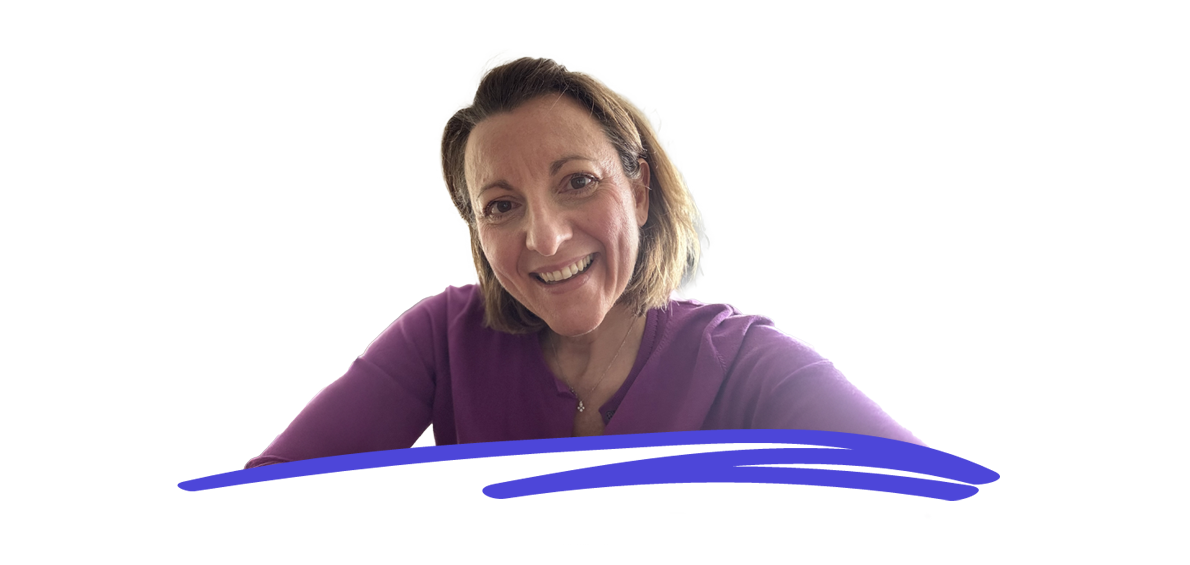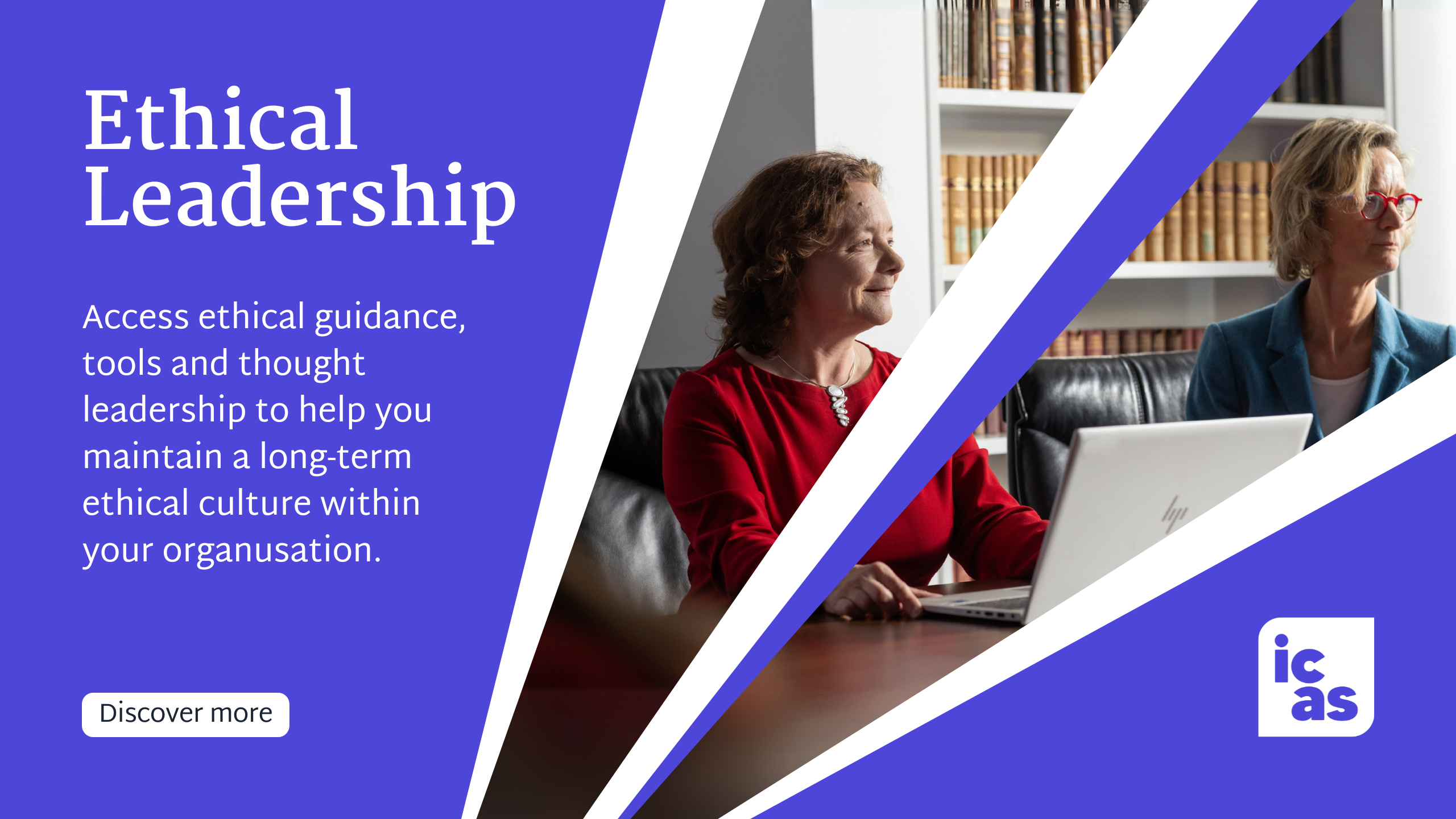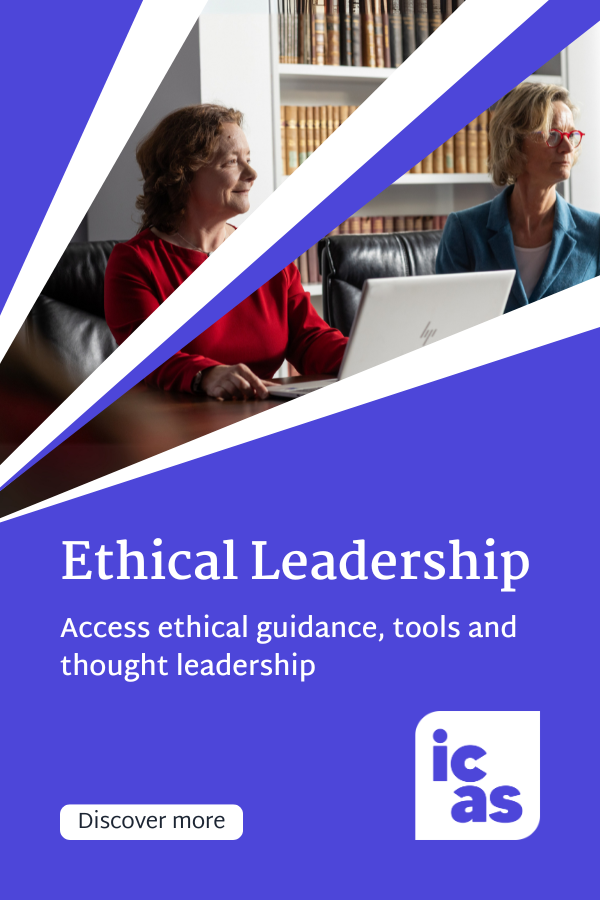Society
first

Society
first

A new report from ICAS’ Shaping the Profession programme confirms high levels of trust in accountancy, but there is scope to improve public understanding of what the role entails
When ICAS launched the Shaping the Profession (StP) programme, one of its key objectives was to understand what the profession must do to better serve society. That would mean doing something that, as far as ICAS is aware, nobody has done before – asking the public a series of questions about what they want from accountants.
Over several months, ICAS analysed findings from eight qualitative focus groups, plus a quantitative survey of 1,000 UK citizens from diverse backgrounds, a further four focus groups and a survey of ICAS members. The key findings are published below.
Before we delve into the detail, it is worth providing a recap of what the StP programme is trying to achieve in relation to societal needs.
“It is about looking at what value accountants can bring to society in the future,” says Marie Gardner CA, Head of Research at ICAS.
“Internally, at ICAS, we know that, taken at its highest level, the role of an accountant is to support the economy. So a key question for us is: what is it that society needs our help with? Once we know the answer to that, we have a clearer picture of what an accountant needs to deliver.
“The good news is that we start with strong foundations, with 81% of respondents viewing accountants as experts in their field and trust in the profession as a whole at 66%. These figures, while encouraging, also mean there is scope for improvement.
“Another key finding is that 50% of respondents don’t understand what we do. One could argue, rightly, that need not be their concern, but that also means they don’t know what value we bring. And one of our conclusions is that we need to be better at articulating what we do in order to remain trusted and relevant.
“We asked people about their key concerns for the future. The replies included mainstays like personal financial wellbeing, the uncertainty of the wider economy and how they’re going to manage their household.
“There is a perception that accountants only care for businesses and wealthy people, when ultimately our job is to support the economy at large”
Marie Gardner, Head of Research, ICAS
“That brought home a couple of things: one is whether people are sufficiently educated about finance, but also that a lot of people confuse the work of an accountant with that of a financial adviser. Explaining at a high level what value we add is really important.
“There is also a perception that accountants only care for businesses and wealthy people, when our job is to support the economy at large. We play our part in keeping the capital markets – and therefore the economy – working.”
Human factor
Gardner also underlines the importance of the personal touch in a world of galloping automation. “With increased use of tech and AI, the accountant needs to remain human, keep that empathy element and understand the individuals they’re working with and to go beyond the numbers,” she says.
“The results as a whole confirmed what we believed, but we now have solid numbers and certainty. Now we’ve got this baseline, what do we do with it?
“It’s our first big output from the StP programme, so I’m really excited about what this is going to mean for ICAS, our syllabus and the profession as a whole.
“One of our key recommendations is about better storytelling, to demonstrate to clients, stakeholders and wider society the benefits accountants deliver. So we would love to hear from ICAS members about how they’ve made a positive impact. That could be helping a small business to grow, or working with a charity or around sustainability reporting.”
When ICAS launched the Shaping the Profession (StP) programme, one of its key objectives was to understand what the profession must do to better serve society. That would mean doing something that, as far as ICAS is aware, nobody has done before – asking the public a series of questions about what they want from accountants.
Over several months, ICAS analysed findings from eight qualitative focus groups, plus a quantitative survey of 1,000 UK citizens from diverse backgrounds, a further four focus groups and a survey of ICAS members. The key findings are published below.
Before we delve into the detail, it is worth providing a recap of what the StP programme is trying to achieve in relation to societal needs.
“It is about looking at what value accountants can bring to society in the future,” says Marie Gardner CA, Head of Research at ICAS.
“Internally, at ICAS, we know that, taken at its highest level, the role of an accountant is to support the economy. So a key question for us is: what is it that society needs our help with? Once we know the answer to that, we have a clearer picture of what an accountant needs to deliver.
“The good news is that we start with strong foundations, with 81% of respondents viewing accountants as experts in their field and trust in the profession as a whole at 66%. These figures, while encouraging, also mean there is scope for improvement.
“Another key finding is that 50% of respondents don’t understand what we do. One could argue, rightly, that need not be their concern, but that also means they don’t know what value we bring. And one of our conclusions is that we need to be better at articulating what we do in order to remain trusted and relevant.
“We asked people about their key concerns for the future. The replies included mainstays like personal financial wellbeing, the uncertainty of the wider economy and how they’re going to manage their household.
“There is a perception that accountants only care for businesses and wealthy people, when ultimately our job is to support the economy at large”
Marie Gardner, Head of Research, ICAS
“That brought home a couple of things: one is whether people are sufficiently educated about finance, but also that a lot of people confuse the work of an accountant with that of a financial adviser. Explaining at a high level what value we add is really important.
“There is also a perception that accountants only care for businesses and wealthy people, when our job is to support the economy at large. We play our part in keeping the capital markets – and therefore the economy – working.”
Human factor
Gardner also underlines the importance of the personal touch in a world of galloping automation. “With increased use of tech and AI, the accountant needs to remain human, keep that empathy element and understand the individuals they’re working with and to go beyond the numbers,” she says.
“The results as a whole confirmed what we believed, but we now have solid numbers and certainty. Now we’ve got this baseline, what do we do with it?
“It’s our first big output from the StP programme, so I’m really excited about what this is going to mean for ICAS, our syllabus and the profession as a whole.
“One of our key recommendations is about better storytelling, to demonstrate to clients, stakeholders and wider society the benefits accountants deliver. So we would love to hear from ICAS members about how they’ve made a positive impact. That could be helping a small business to grow, or working with a charity or around sustainability reporting.”
TRUST
Key findings
- 78% of those who are more closely engaged with accountancy express trust in the profession.
- This reduces to 58% for those less familiar with the accountant’s role.
- 81% recognise accountants are experts in their field.
- 70% describe accountants as trusted advisers.
- 68% think accountants communicate clearly and transparently.
- Only 5% distrust accountants outright, 28% are neutral.
Recommendations
The profession needs to improve its communication and articulate its value to society, such as by curating real life stories and case studies, demonstrating how accountants act with honesty and add tangible value to society.
Make sure that accounting education syllabuses, CPD and mentoring programmes contain strong guidance on interpersonal skills, particularly for trainee and recently qualified accountants to support accountants to develop the emotional intelligence needed to build those emotional drivers that support trust.

TRUST
Key findings
- 78% of those who are more closely engaged with accountancy express trust in the profession.
- This reduces to 58% for those less familiar with the accountant’s role.
- 81% recognise accountants are experts in their field.
- 70% describe accountants as trusted advisers.
- 68% think accountants communicate clearly and transparently.
- Only 5% distrust accountants outright, 28% are neutral.
Recommendations
The profession needs to improve its communication and articulate its value to society, such as by curating real life stories and case studies, demonstrating how accountants act with honesty and add tangible value to society.
Make sure that accounting education syllabuses, CPD and mentoring programmes contain strong guidance on interpersonal skills, particularly for trainee and recently qualified accountants to support accountants to develop the emotional intelligence needed to build those emotional drivers that support trust.
PERCEPTIONS
Key findings
- 50% of the public do not understand what accountants do.
- 55% believe they mainly cater for the wealthy.
- Many outside accountancy still chiefly associate the profession with tax and bookkeeping.
- Most accountants (56%) believe the profession should focus on optimising its core role in activities such as financial management and reporting and assurance.
- 57% agree that staying relevant is the main challenge as technology solutions enable a more self-service approach to accountancy.
Recommendations
Highlight the many specialisms, range of services and diversity of roles that accountancy offers, using simple language, examples and stories.
Showcase the tangible value that accountancy delivers in tackling modern business and wider societal challenges, such as sustainability and inclusive financial progress, to help shift the traditional stereotypes.

PERCEPTIONS
Key findings
- 50% of the public do not understand what accountants do.
- 55% believe they mainly cater for the wealthy.
- Many outside accountancy still chiefly associate the profession with tax and bookkeeping.
- Most accountants (56%) believe the profession should focus on optimising its core role in activities such as financial management and reporting and assurance.
- 57% agree that staying relevant is the main challenge as technology solutions enable a more self-service approach to accountancy.
Recommendations
Highlight the many specialisms, range of services and diversity of roles that accountancy offers, using simple language, examples and stories.
Showcase the tangible value that accountancy delivers in tackling modern business and wider societal challenges, such as sustainability and inclusive financial progress, to help shift the traditional stereotypes.
CHALLENGES
Key findings
- Respondents from wider society predict future challenges, primarily around managing household finances (53%), long-term financial planning (40%) and coping with financial unpredictability (20%).
- Those closer to the profession highlight managing tax responsibilities (31%) and small business management (32%) as concerns.
- Accountants themselves see staying relevant as the profession’s main challenge (57%), partly because of technological changes and disruption. That is followed by the profession seeming overly complex and hard to understand (41%) and reputational damage from sector scandals (36%).
Recommendations
Governments and other stakeholders need to build financial literacy into the curriculum in primary, secondary and tertiary education to improve financial skills across UK society.
The profession should raise awareness of financial wellbeing services, how they can help, where to find them and how to make sure providers are appropriately qualified.
The profession should guide and support smaller clients and firms through digital transformation.

CHALLENGES
Key findings
- Respondents from wider society predict future challenges, primarily around managing household finances (53%), long-term financial planning (40%) and coping with financial unpredictability (20%).
- Those closer to the profession highlight managing tax responsibilities (31%) and small business management (32%) as concerns.
- Accountants themselves see staying relevant as the profession’s main challenge (57%), partly because of technological changes and disruption. That is followed by the profession seeming overly complex and hard to understand (41%) and reputational damage from sector scandals (36%).
Recommendations
Governments and other stakeholders need to build financial literacy into the curriculum in primary, secondary and tertiary education to improve financial skills across UK society.
The profession should raise awareness of financial wellbeing services, how they can help, where to find them and how to make sure providers are appropriately qualified.
The profession should guide and support smaller clients and firms through digital transformation.
FUTURE OUTLOOK AND OPPORTUNITIES FOR GROWTH
Results
- Half of all respondents think accountants are equipped to offer broader services to respond to emerging societal needs such as advice and sustainability, ethical leadership and support for individuals and businesses to better navigate uncertainty.
- Overall, supporting SMEs (68%), acting as a financial wellbeing adviser (61%) and serving as ethical advisers (53%) are the top priority roles for the future.
- ICAS members see AI and data analytics as the biggest future opportunity for the profession (54%) followed by sustainability reporting (17%) and ethical leadership (10%).
Recommendations
The role of accountants and of personal financial advice and management needs to be clarified through education.
Continue to expand into sustainability reporting and assurance, and take a holistic view of what businesses need.
Increase the skillset and ability of accountants to interpret, assess and use technology and AI, as well as identify and address tech-related errors and reliance on AI and technology.

FUTURE OUTLOOK AND OPPORTUNITIES FOR GROWTH
Results
- Half of all respondents think accountants are equipped to offer broader services to respond to emerging societal needs such as advice and sustainability, ethical leadership and support for individuals and businesses to better navigate uncertainty.
- Overall, supporting SMEs (68%), acting as a financial wellbeing adviser (61%) and serving as ethical advisers (53%) are the top priority roles for the future.
- ICAS members see AI and data analytics as the biggest future opportunity for the profession (54%) followed by sustainability reporting (17%) and ethical leadership (10%).
Recommendations
The role of accountants and of personal financial advice and management needs to be clarified through education.
Continue to expand into sustainability reporting and assurance, and take a holistic view of what businesses need.
Increase the skillset and ability of accountants to interpret, assess and use technology and AI, as well as identify and address tech-related errors and reliance on AI and technology.
Conclusion
The profession benefits from a strong foundation of trust and expertise, with clear opportunities to improve the quality of engagement and build more understanding and trust across wider society.
While we recognise that the specific roles performed by accountants vary, and that one-size-fits-all approaches are impractical, the successful implementation of our recommendations will be central to making accountancy feel clearer, closer, more human and relevant to society, ensuring the profession continues to deliver value and meets evolving societal needs.
Read more about Shaping the Profession






